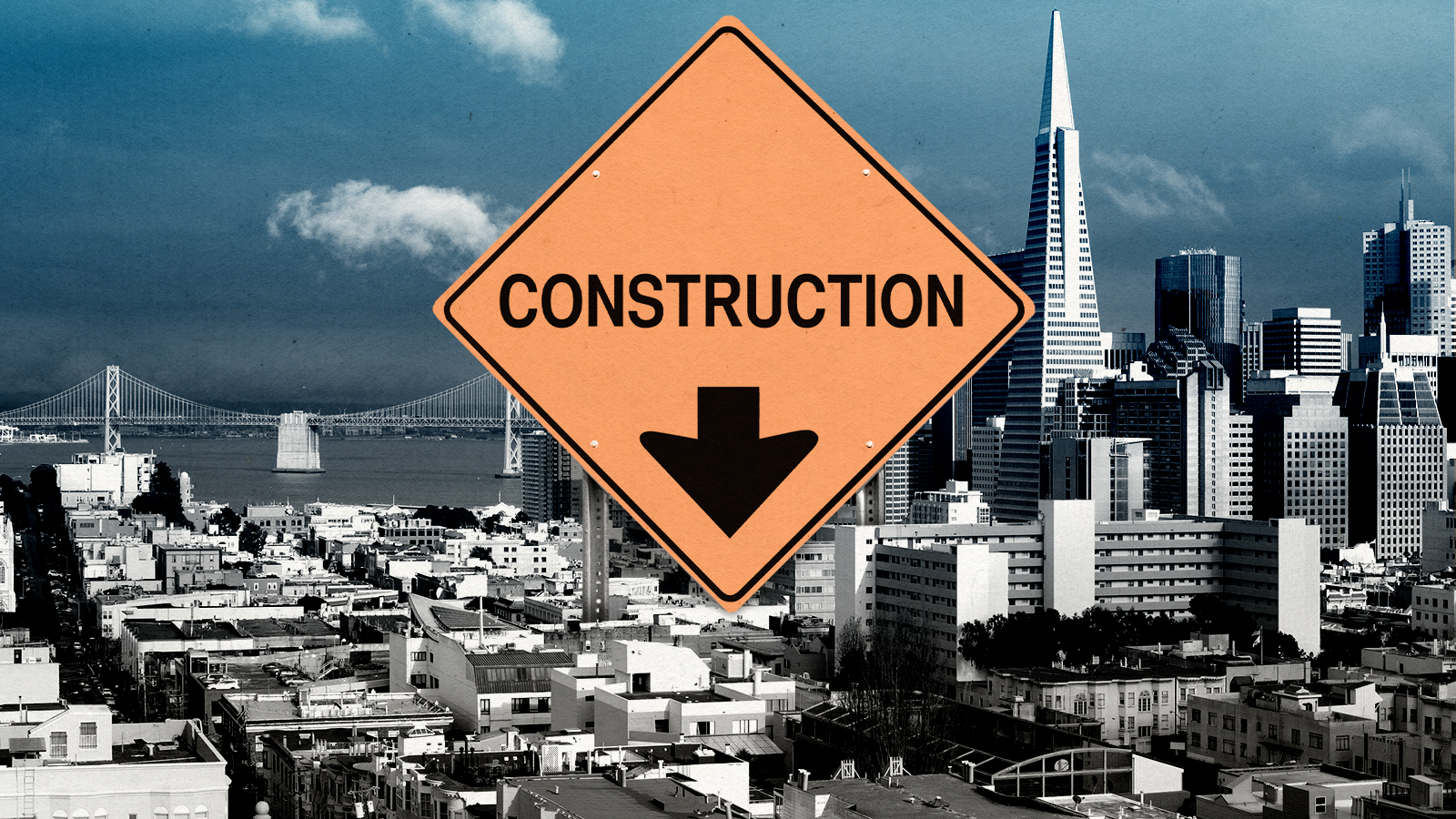From San Francisco, another sign of progressives' burgeoning discontent with urban decay


A free daily email with the biggest news stories of the day – and the best features from TheWeek.com
You are now subscribed
Your newsletter sign-up was successful
Special elections are an unreliable indicators of political trends. Held outside the regular schedule, usually in response to a death or other unexpected event, and plagued by low turnout, the outcomes can defy both conventional wisdom and underlying conditions. Remember when the obscure Massachusetts Republican Scott Brown shocked the country by winning his 2009 race to replace Ted Kennedy? (Brown lost his bid for a full term in 2012.)
Still, special elections can provide a hint about where the wind is blowing. That's the case with the race for California State Assembly which concluded last night. With nearly two thirds of the vote, San Francisco Supervisor Matt Haney declared victory over his opponent, former Supervisor Dave Campos. The outcome was the run-off sequel to an earlier election in February, when no candidate won more than 50 percent of the vote.
As you'd expect in San Francisco, both of the surviving candidates were progressive Democrats. But Haney made support for increased housing a cornerstone of his campaign, while Campos cultivated the backing of neighborhood groups and affordable housing activists who are suspicious of new development. The election wasn't quite a referendum on the so-called YIMBY — "yes in my backyard" — agenda. But both the outcome and the fact that Haney revised his earlier position on the issue are signs that voters in coastal metro areas are becoming more receptive to the idea that increased building is the only solution to spiraling rents and home prices.
The Week
Escape your echo chamber. Get the facts behind the news, plus analysis from multiple perspectives.

Sign up for The Week's Free Newsletters
From our morning news briefing to a weekly Good News Newsletter, get the best of The Week delivered directly to your inbox.
From our morning news briefing to a weekly Good News Newsletter, get the best of The Week delivered directly to your inbox.
More generally, the special election is another data point in the recent revolt against the most ideological forms of left-wing governance. Like the recall of three San Francisco school board members last month, the failure of a referendum to disband the Minneapolis Police Department last fall, and the success of a proposition banning homeless encampments in Austin last summer, Haney's success builds on discontent with decay of living conditions even in the bluest bastions. In that sense, it's also a victory for San Francisco Mayor London Breed (D), a relative moderate who will be able to appoint Haney's replacement on the Board of Supervisors.
As Aristotle noted, one swallow does not make a summer. And the problems of crime, disorder, and economic decay that face San Francisco and other cities go much deeper than one election or institution. Still, Haney's election is a hopeful sign that voters are open to a more pragmatic style of urban politics.
The next test will be on June 7, when District Attorney Chesa Boudin (D), who emphasizes "restorative justice" and other trendy alternatives to felony prosecution and incarceration, faces his own recall challenge.
A free daily email with the biggest news stories of the day – and the best features from TheWeek.com
Samuel Goldman is a national correspondent at TheWeek.com. He is also an associate professor of political science at George Washington University, where he is executive director of the John L. Loeb, Jr. Institute for Religious Freedom and director of the Politics & Values Program. He received his Ph.D. from Harvard and was a postdoctoral fellow in Religion, Ethics, & Politics at Princeton University. His books include God's Country: Christian Zionism in America (University of Pennsylvania Press, 2018) and After Nationalism (University of Pennsylvania Press, 2021). In addition to academic research, Goldman's writing has appeared in The New York Times, The Wall Street Journal, and many other publications.
